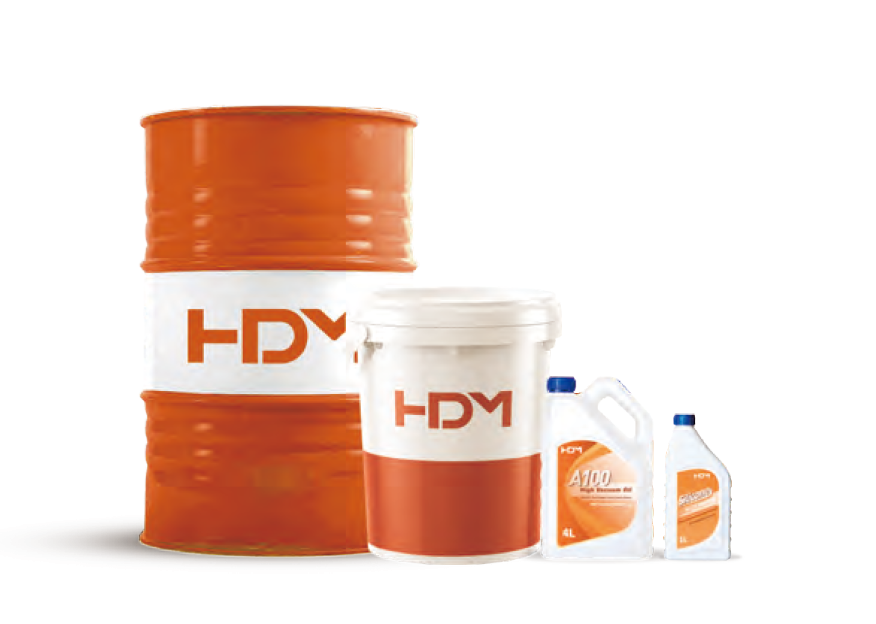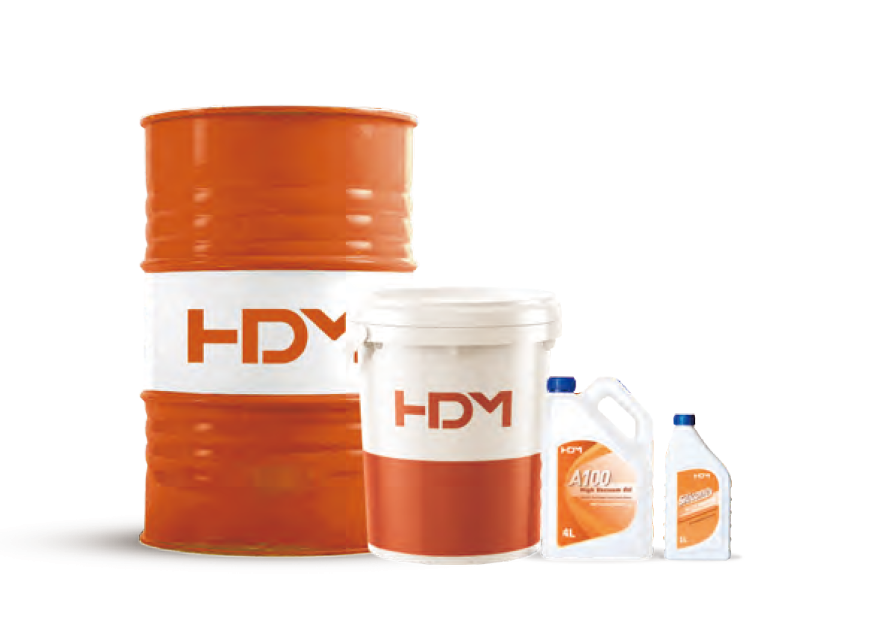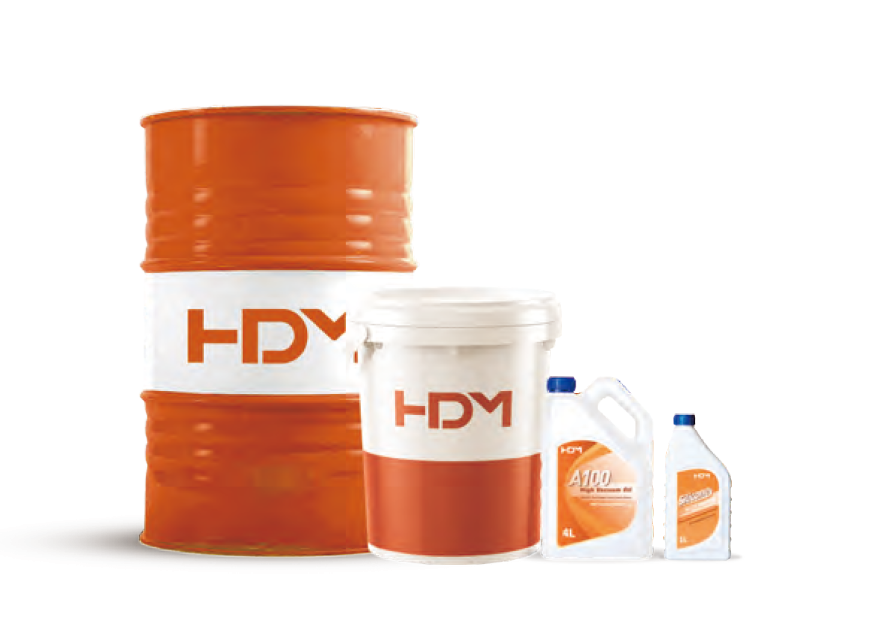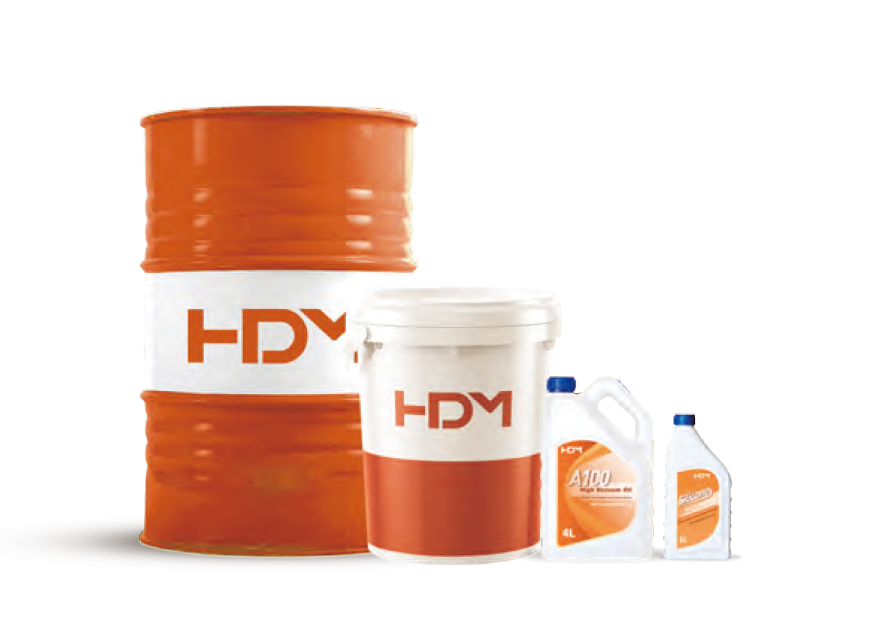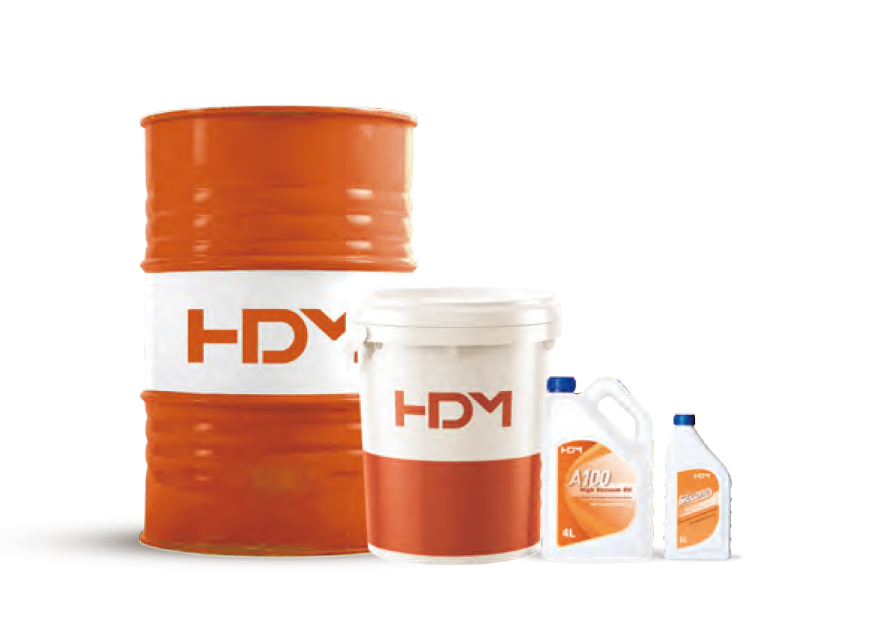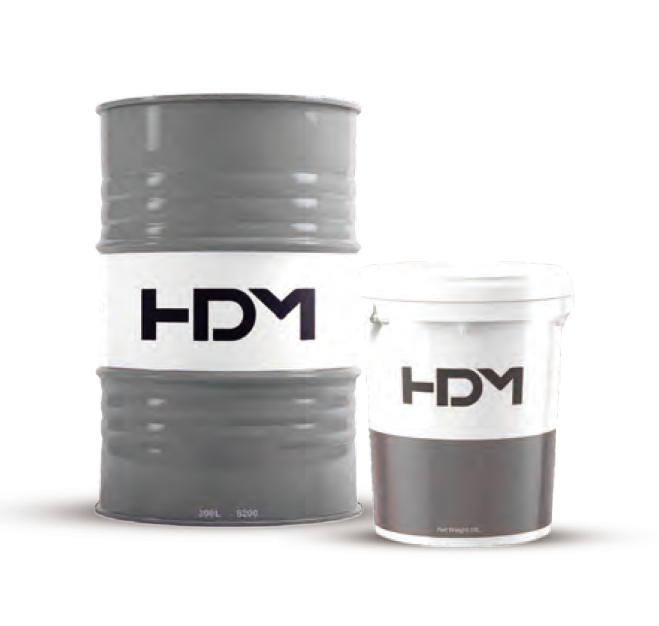Cold rolling mills come in a variety of sizes, each requiring a specific method of lubrication. Larger cold rolling mills use cold rolling oil for lubrication and cooling. Other oils, such as hydraulic oil, may contaminate cold rolling oil. To guarantee the performance of your cold rolling oil and the quality of your metal surfaces, you must use the correct hydraulic oil for your cold rolling mill.
Some smaller cold rolling mills use only small amounts of oil to lubricate the strip and rolls, commonly known as minimum quantity lubrication. The used cold rolling oil remains on the strip or is subsequently removed by a degreasing unit.
Why You Must Choose the Right Hydraulic Oil for Cold Rolling Mills
Medium or large cold rolling mills require pure cold rolling oil not only for lubrication but also for cooling. This results in high oil flow and necessary oil recovery below the cold rolling mill. Typically, the oil is filtered and reused in the cold rolling mill. Filtration systems are designed to purify oil by removing metal particles. However, contamination from other oils, such as hydraulic oil, remains in the cold rolling oil and cannot be removed. This means that it is very important to choose the right hydraulic oil for cold rolling mills.
Negative Effects of Incompatible Hydraulic Fluids on Cold Rolling Mills
When hydraulic oil seeps into cold rolling oil, it becomes diluted and contaminated, which can have various negative effects:
- The additive content of cold rolling oil will be slightly reduced, and additives that are not needed in hydraulic oil will be added to cold rolling oil.
- The viscosity of cold rolling oils can be increased by contamination with higher viscosity hydraulic oils.
- The performance of the cold rolling oil will be reduced, resulting in lower productivity and lower quality of the metal strip produced.
What is the suitable hydraulic oil for cold rolling mill?
Most standard hydraulic fluids are zinc based as these are (cost) effective additives that protect hydraulic systems from wear. However, these types of liquids can cause stains on the metal strip surface. Especially when entering the annealing step, there are still oil stains on the metal surface.
Therefore, it is strongly recommended that only hydraulic oils compatible with cold rolling oils be used in rolling mills. Compatibility is not limited to zinc-based additives. Many other standard additives are not required in cold rolling oils. In addition to the additives, the viscosity is also different. Cold rolling oils have a rather low viscosity, typically 4 to 9 mm2/s in reversing mills, while hydraulic oils have a standard viscosity of 46 or 68 mm2/s.
HDM cold rolling mill hydraulic oil
HDM has worked with OEMs to develop a wide range of hydraulic products for cold rolling mills. These hydraulic oils are fully compatible with cold rolling oils. An interesting example was specially developed at the request of a German OEM for a cold rolling mill they designed and built.



